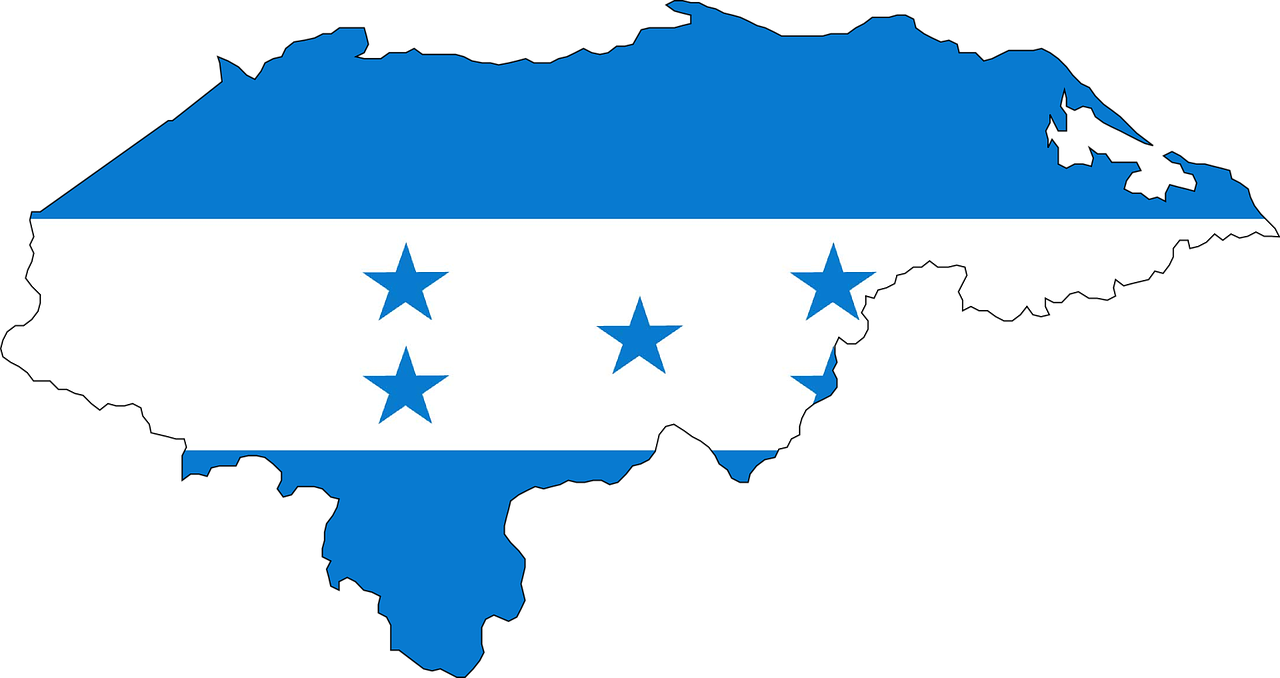
This article first appeared in Criterio on October 11, 2021.
The Anti-Corruption Coalition condemns that once again the National Congress legislates in favor of the interests of economic and political power groups and against the population that elected them and demands the National Congress to repeal the approved reforms.
On Thursday, October 7, in the middle of the holiday for Morazánica week, the soccer game that was being held that night, and with a doubtful quorum because many deputies claim that they did not participate in the session, the National Congress in a dictatorial behavior, approved a set of reforms that promote impunity, extreme criminalization of the fight against corruption and the defense of the land and deliver more benefits to sectors of power.
In a communiqué, they point out that the deputies habitually seek to hide the assaults to the political and social-economic patrimony of the population and to protect themselves before the law for their crimes, in the middle of the electoral process, with reforms to the Penal and Penal Procedural Code.
To protect themselves from the law, they legislated so that the banking secrecy would only apply in cases of money laundering and extortion, therefore, crimes related to corruption issues could not be investigated by the Investigation Unit of the National Commission of Banks and Insurance (CNBS), and the Public Ministry would have no one to provide it with this vital information to investigate the corrupt.
They also point out that the Criminal Procedural Code, which in the beginning was conceived to provide modernity and facilitate justice, with this type of reforms denaturalizes the legal doctrine and defies international legislation because, in a despotic and oppressive manner, it restricts the right to freedom of expression with penalties of up to 10 years in prison.
And from now on, no one will be able to take to the streets to protest abuses by government officials. With this tyrannical and abusive measure, the worst part will be borne by those who defend the territorial resources of the peasant, indigenous and Afro-descendant population.
It also includes civil society organizations that finance their projects with external cooperation funds, as Politically Exposed Persons (PEP), a qualification only received by those who hold public office and are therefore subject to investigation for possible money laundering.
This measure is part of the growing tendency adopted in the Central American region to use legislation and public institutions to curtail the anti-corruption fight from civil society.
Among the reforms approved by the Legislative Branch are also granted fifteen (15) years of benefits and tax incentives through the Law of the Tourist Free Zone of the Bay Islands Department, which, according to experts, includes the ZEDE, only benefits a few with economic power, is detrimental to the collection of taxes which affects public services and also becomes an unfair competition for companies.
Likewise, the ZEDE represents protection for the political class that seeks to increase their impunity for all the corruption, drug trafficking, and other crimes in which they are involved.
In another of the approvals, candidates who did not present financial reports on the funds they received for their campaigns in internal elections are exonerated, ignoring the law that obliges them to make transparent the funds they receive.
To widen the impunity and legal protection for deputies and public officials involved in illicit acts, the National Congress extended its session from November 1 to January 22, a period in which it should already be in recess.
All these measures reflect the unhealthy intention to harass, persecute, intimidate and demobilize citizens to prevent them from investigating, denouncing, and questioning their acts of corruption and abuses of power, states the Anti-Corruption Coalition in its communiqué.














